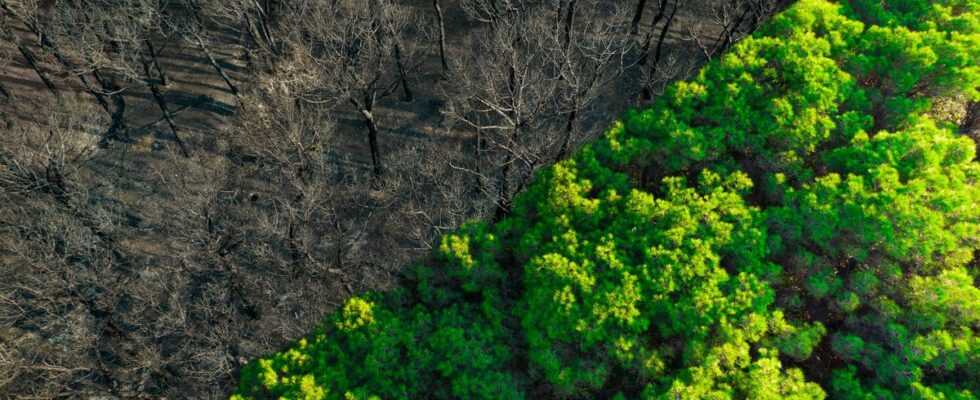To contain climate change, the European Commission wishes to acquire a digital twin of the Earth, fully configurable and in open-source. The information obtained could allow the EU to adopt reliable strategies in different fields in order to better predict natural disasters.
A twin for our beautiful blue planet! To reflect on new ways of reacting to global warming, the European Union is opting for innovation. The Destination Earth (DestinE) project at the initiative of the European Commission aims to develop a digital model of the Earth with very high precision. This fully configurable digital twin will make it possible to monitor the evolution of the Earth system, but also to simulate scenarios and thus obtain precise analyzes in the context of experiments. Obviously, the first interest of this twin is to be able to improve the environmental situation and to adopt the best possible decisions. The goal: to become the first climate-neutral continent by 2050.
The virtual twin of our Earth would thus make it possible to anticipate natural climatic disasters and to respond to them as well as possible. Digital twins are like mirrors of reality, simulators that reproduce reality constrained by real-time data. They are already used in various industrial processes to improve production efficiency. Other sectors such as energy, transport, health or smart cities are also beginning to use them.
An open-access platform
Another asset, this data will be used to help agriculture, whether at the level of irrigation, fertilization or collection. Finally, based on scenarios and experiments, the European Commission hopes to learn more about energy sources such as geothermal energy, in particular its use and storage.
To accumulate as much data as possible, the DestinE project will use data from a variety of sectors such as weather, climate, sea, satellites, seismic data, socio-economic data and finally the users’ own data. To allow everyone to form their own idea of global warming and possible solutions, the platform will be free to access and any user will be able to carry out their own research, according to the Commission. To test their model, users will have access to previously produced algorithms and other applications.
The project should enter its initial phase at the end of 2023. The European Commission is already thinking about the future and could support other digital twins, this time around the oceans or biodiversity.
